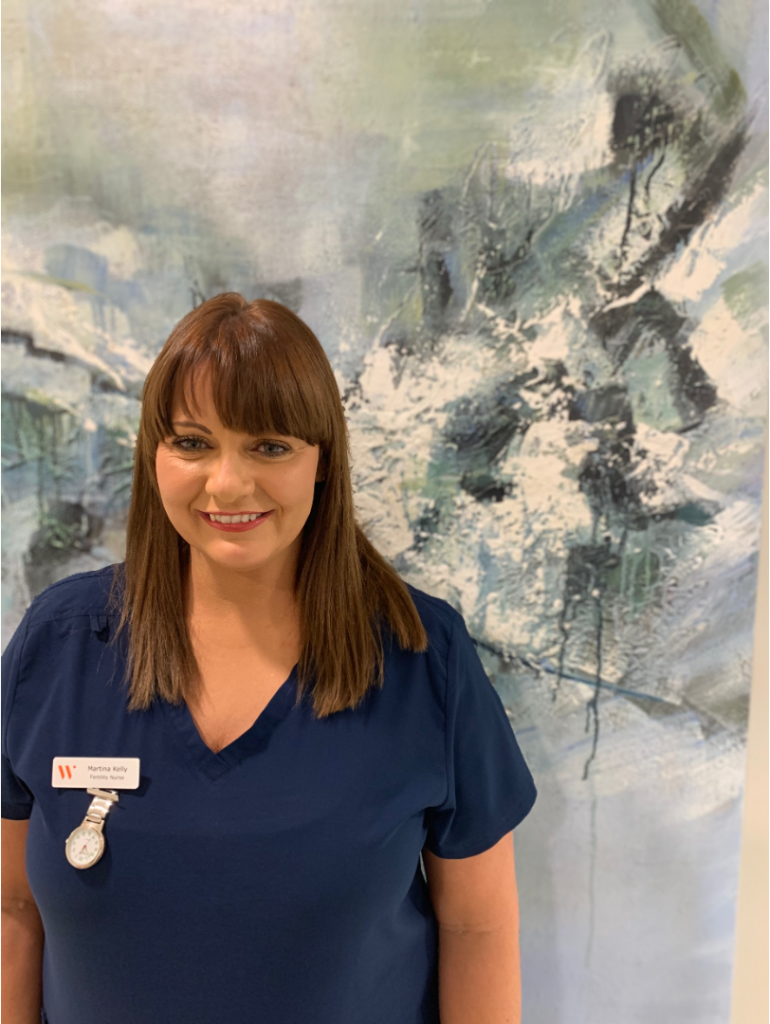Knowledge is Power
Martina Kelly, Fertility Nurse Specialist, Waterstone Clinic Kildare
One in six couples have difficulties conceiving, so fertility testing can give couples reassurance and choices. Knowing your fertility status is very important information for future family planning.
The first question we are often asked is when should you go to a fertility clinic? You can have a fertility check whether or not you are trying for a baby. If you are trying for a baby, the general advice depends on your age. If you are over 35, it’s important to see a specialist if you have been trying for 6 months, and if you are under 35, see a specialist after a year. If you’re not actively trying for a baby, you can have a fertility check at any time. The information from the check will let you know where you stand and help you make decisions, such as considering preserving your fertility.
Before you meet with a doctor, you and your partner will have some tests so you can get the most out of your consultation. The male partner will have a simple semen analysis test and the female will have a number of blood tests, to help us measure ovarian reserve, which will provide information regarding your ability to conceive.
One of the tests that can give us a good sense of your fertility timeline, is the AMH test. Anti-Müllerian Hormone (AMH), is a hormone produced by cells inside the little sacs in the ovaries that each holds an egg. These follicles release the AMH hormone, and the amount of it in the blood serves as a proxy for the amount of eggs remaining in the ovaries. Alongside this, we look at the amount of Follicle Stimulating Hormone (FSH) in the blood. This hormone works to kick-start the maturation of the eggs in the follicles, and if there is a high level of this hormone, it can be a sign of low ovarian reserve.
In additional to hormonal tests, it is essential to have a fertility focused ultrasound to view the ovaries. Put together, this information gives a picture of your overall fertility potential. Combined with your partner’s semen analysis result, we can determine if fertility treatment might be necessary, and which options would offer you the best chance of success.
Having health checks at a fertility clinic does help, by not losing time. Fertility issues are very common and even if you don’t want a family right now, being proactive about your fertility can make all the difference when you are ready. Having your reproductive health information will help you make decisions and take out the guesswork. Knowledge is power: once you know, you have choices which is everything in the world of fertility.

Martina is a fertility nurse specialist at the Waterstone Clinic in Kildare. She trained as a Registered General Nurse in the Midlands and was one of the first nurses in Ireland to specialise in women’s health. She has worked all over the world, in Australia, Barbados, Trinidad, the UK and Ireland. Having worked in fertility for many years, Martina is passionate about women’s health. She runs the Waterstone Clinic Kildare site, helping women and couples fulfil their dreams of parenthood.
